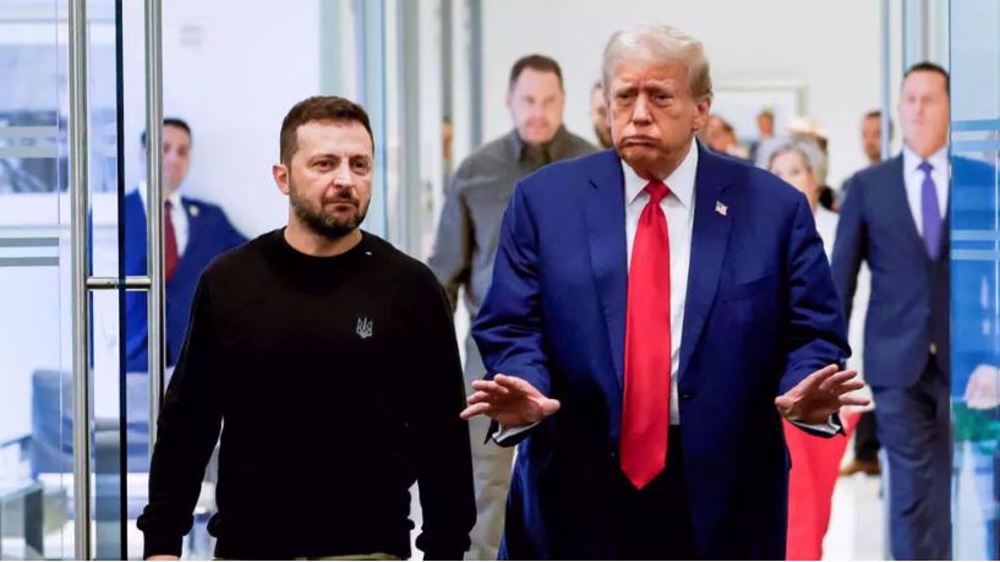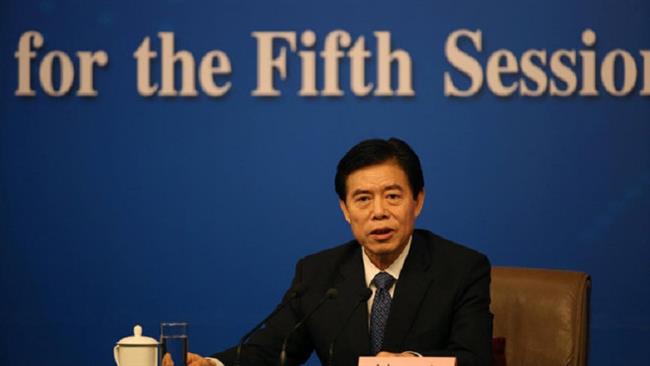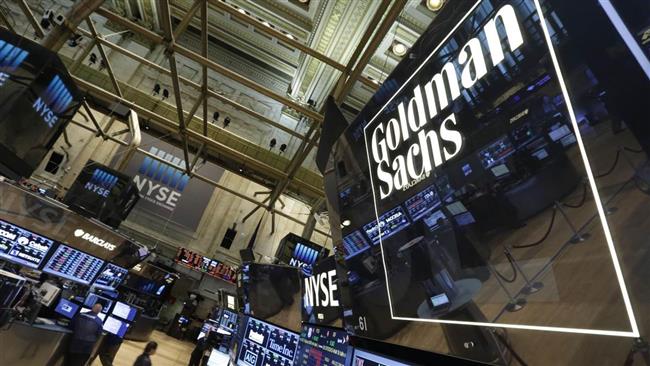Trump administration discussing trade measures against China
The United States is planning to take trade measures against China to force Beijing to crack down on the theft of intellectual property and ease requirements that American companies share advanced technologies to gain entry to the Chinese market.
The administration of President Donald Trump is considering using rarely invoked US trade laws to counter China’s requirement that foreign companies hand over proprietary technologies in return for access to the country’s market, several US news outlets reported Wednesday, citing people familiar with the matter.
The White House is discussing the use of Section 301 of the Trade Act of 1974, said one source, who spoke on condition of anonymity because the plans have not been made public.
Section 301 allows the president to impose tariffs on China’s exports to the US, or impose other sanctions, to protect American industries from "unfair trade practices" of foreign countries.
The US law was used frequently in the 1980s to combat Japanese imports of automobiles, motorcycles, steel and other products, but less frequently after the World Trade Organization was established in 1995.
Read More:
- Schumer urges 'greater economic pressure on China'
- Trump weighing trade action against China: Report
The US has a long list of grievances about China on trade, including accusations of currency manipulation, theft of US intellectual property and steel dumping.
The discussions over sanctions against China come as the White House plans to take a harsher stance on trade than it took in the first six months of Trump’s presidency.
American and European governments and business groups have accused China of blocking access to its vast market by requiring foreign companies to share advanced technology in exchange for being allowed to operate in China.
China has an ambitious plan to become a leader in advanced technologies such as autonomous driving, artificial intelligence, robotics and other industries.

US Commerce Secretary Wilbur Ross wrote an op-ed in Tuesday’s Wall Street Journal condemning China and the European Union for “formidable non-tariff trade barriers” and saying that the US would use “every available tool” to combat those barriers.
Washington’s policy shift also may reflect the Trump administration’s frustration that China hasn’t helped the US in confronting North Korea’s missile and nuclear programs.
But a senior Chinese official said Monday there was no link between US-China trade and North Korea’s nuclear program.
Trump and his Chinese counterpart Xi Jinping had a high-profile summit in Florida in April, where Trump said he hoped Xi would help resolve the North Korean standoff.
OIC condemns Israel’s war crimes against Palestinians in Gaza
Iran FM slams reported EU plans to impose sanctions on IRISL
VIDEO | Press TV's News Headlines
Lebanon army says Israeli attack kills two soldiers in south
Iran launches renovation project at its main oil export terminal
Trump's re-election will not affect Iran-China strategic ties: Leader’s aide
VIDEO | Jordan hunger strikers demand resumption of Gaza aid distribution
VIDEO | Activists: Amsterdam violence highlights Western hypocrisy

















 This makes it easy to access the Press TV website
This makes it easy to access the Press TV website